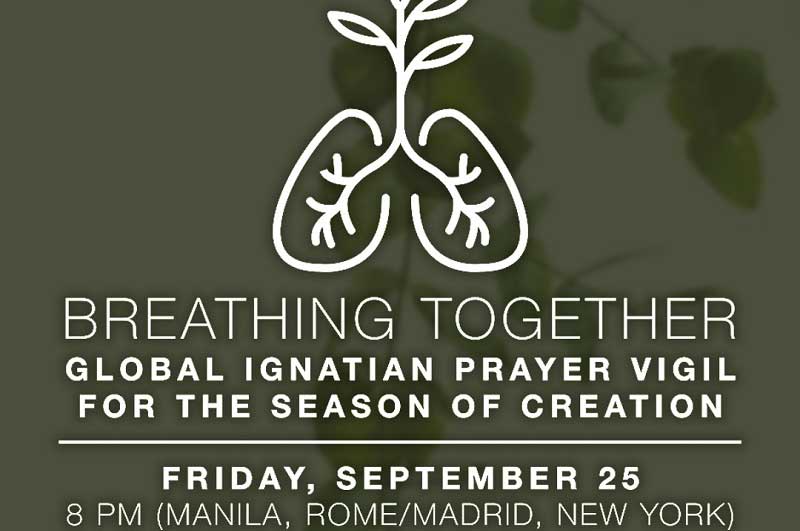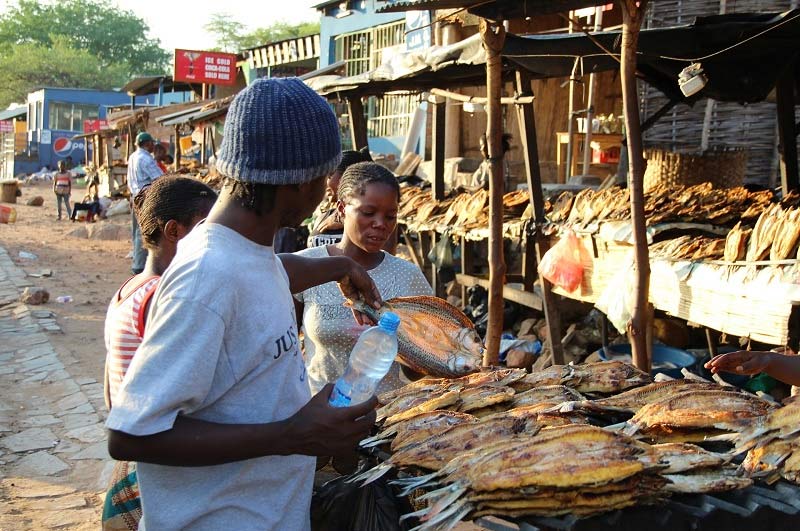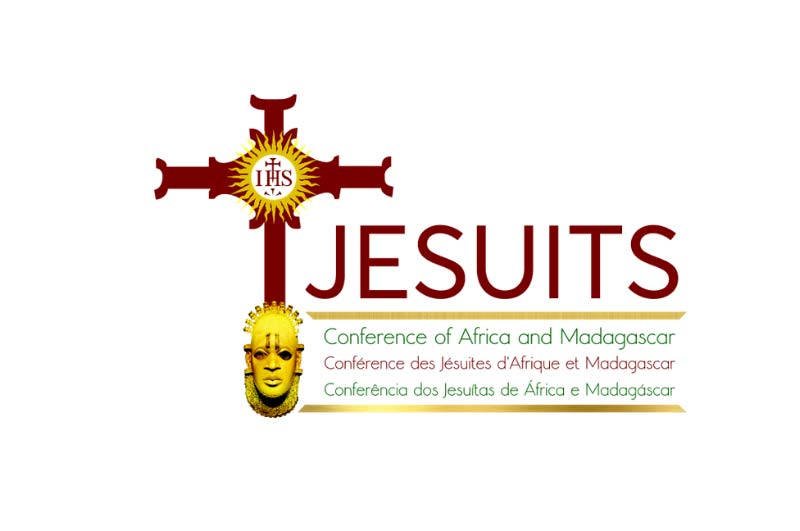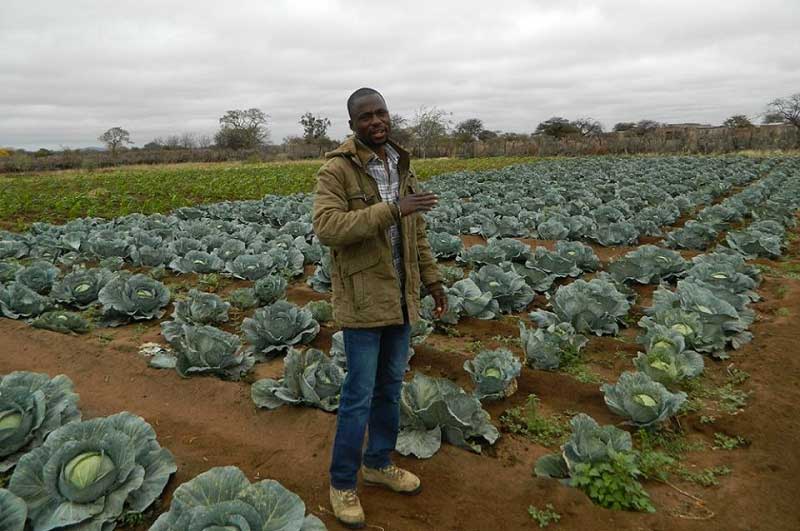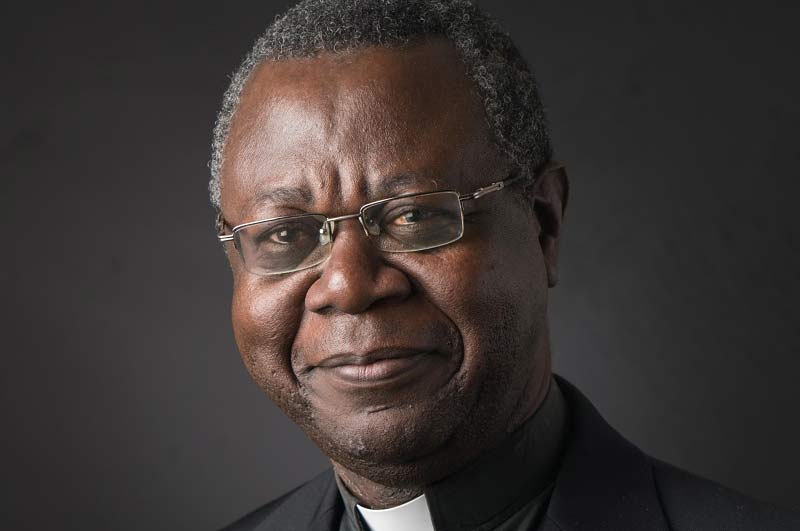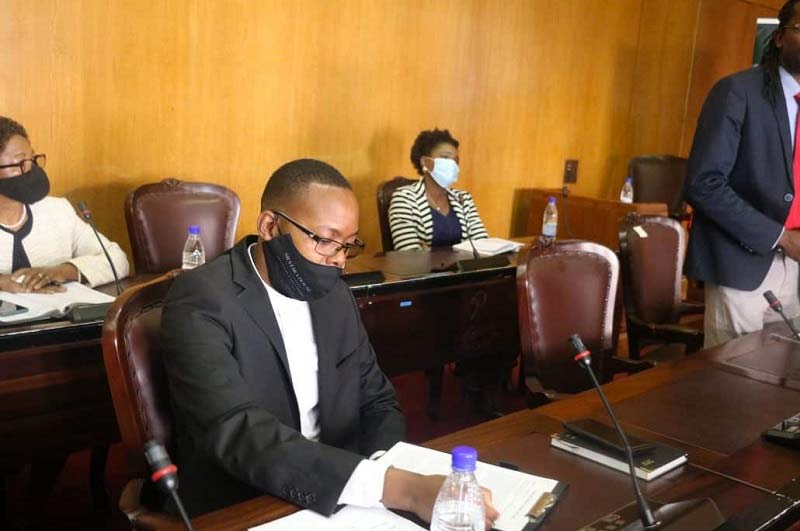


Every perfect society must acknowledge the rights of every other perfect society; must render to it all duties consequent upon such rights; must respect its autonomy; and may demand the recognition of its own rights and the fulfillment of obligations arising therefrom. Whether one may also command such recognition and fulfillment is another question: one does not involve the other. Prescinding from this for the moment, the Church must respect the rights of the State to govern its subjects in all purely temporal matters, and, if the subjects of the State are likewise subjects of the Church, must hold the latter to the fulfillment of their civil duties as an obligation in conscience.
On the other hand, in principle, as a matter of objective duty, the State is bound to recognize the juridical rights of the Church in all matters spiritual whether purely so or of a mixed character, and its judicial right to determine the character of matters of jurisdiction, in regard, namely, to their spiritual quality. The State, furthermore, is bound to render due to worship to God, as follows from the same argument from the natural law which proves man’s obligation to external worship, namely, that man must acknowledge his dependence upon God and his subjection to Him in every capacity in which he is so dependent, and therefore not only in his private capacity as an individual but also in that public, corporate capacity whereby he and his fellow citizens constitute the State.
Due worship, in the present economy, is that of the religion of Christ, entrusted to the care of the Church. The State must also protect the Church in the exercise of her functions, for the reason that the State is bound to protect all the rights of its citizens, and among these their religious rights, which as a matter of fact would be insecure and fruitless were not the Church protected. The State is even under obligation to promote the spiritual interests of the Church; for the State is bound to promote whatever by reaction naturally works for the moral development of its citizens and consequently for the internal peace of the community, and in the present condition of human nature that development is necessarily dependent upon the spiritual influence of the Church.

The role of the Church in the political arena in Zimbabwe has been span for decades and has been a mutual relationship with the Church supporting the state in areas of governance, civic education to the people and the state, calling for accountability of the state to the masses, calling for peace during political unrest. This relationship has been structured through various organizations including the Zimbabwe Conference of Churches (ZCC) a body that encompasses the various churches and denominations in Zimbabwe as well as the Zimbabwe Catholic Church. In the year 2006, the church was seen as a vehicle for reform in the production of ‘The Zimbabwe We Want’ and the critical role the church played in 2008 as Zimbabwe saw the power-sharing between ZANU-PF and Movement for Democratic Change, this move enhanced stability in Zimbabwe. These relationships that have spanned for decades are taking place to this day and Silvera House under the directorship of Fr Arnold Moyo has seen the collaboration and partnership with the Zimbabwe National Assembly (Parliament).
The collaboration will see Silvera House work with the National Assembly in areas of capacity building for both the legislators and support staff in some key areas of operation including bill drafting, financial support to undertake approved activities, advocating for good governance, democracy, and the national assembly upholding the rule of law in Zimbabwe, capacity building of the members of parliament, support staff as well as key stakeholders identified by the parliament. The collaboration will also see Silvera House offer support to the parliament in the areas of research and therefore see timely delivery.
Related Articles
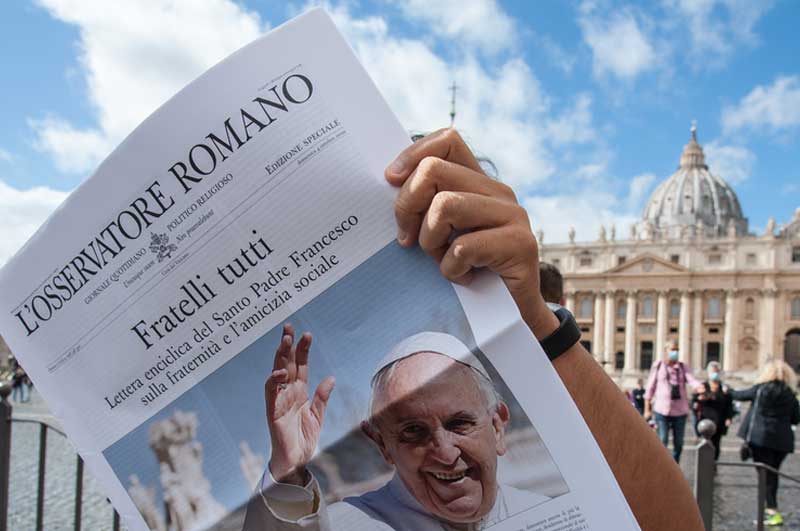
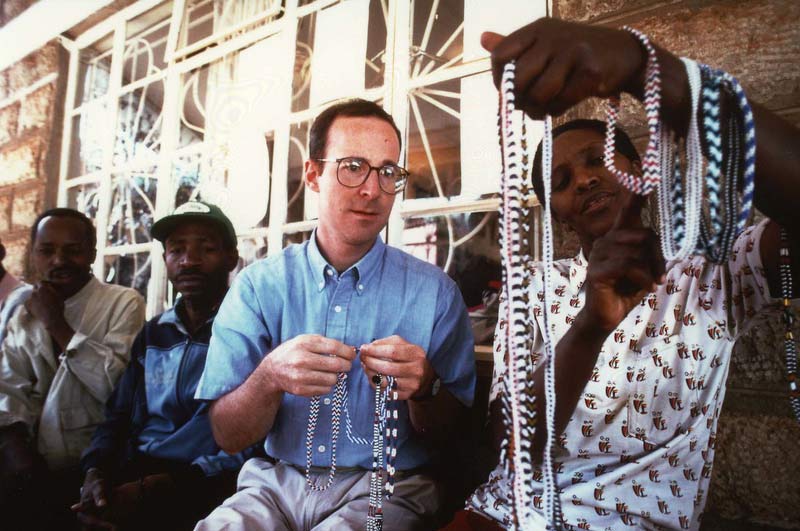
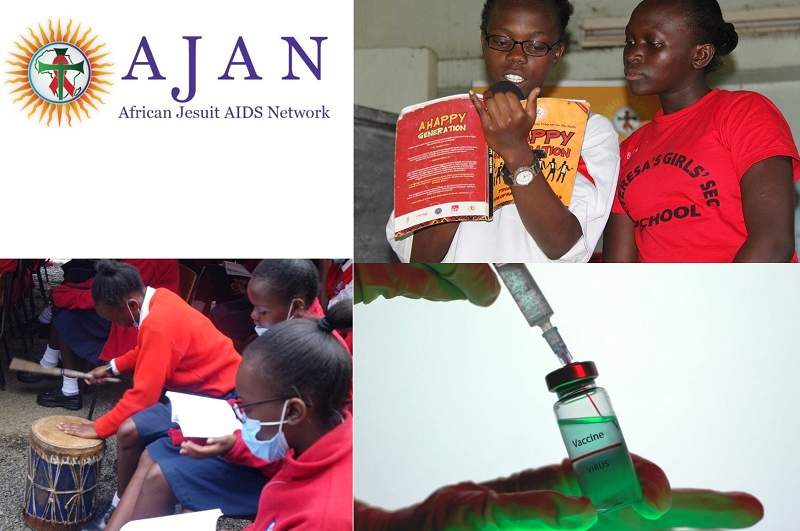
Select Payment Method
Pay by bank transfer
If you wish to make a donation by direct bank transfer please contact Fr Paul Hamill SJ treasurer@jesuits.africa. Fr Paul will get in touch with you about the best method of transfer for you and share account details with you. Donations can be one-off gifts or of any frequency; for example, you might wish to become a regular monthly donor of small amounts; that sort of reliable income can allow for very welcome forward planning in the development of the Society’s works in Africa and Madagascar.
Often it is easier to send a donation to an office within your own country and Fr Paul can advise on how that might be done. In some countries this kind of giving can also be recognised for tax relief and the necessary receipts will be issued.



